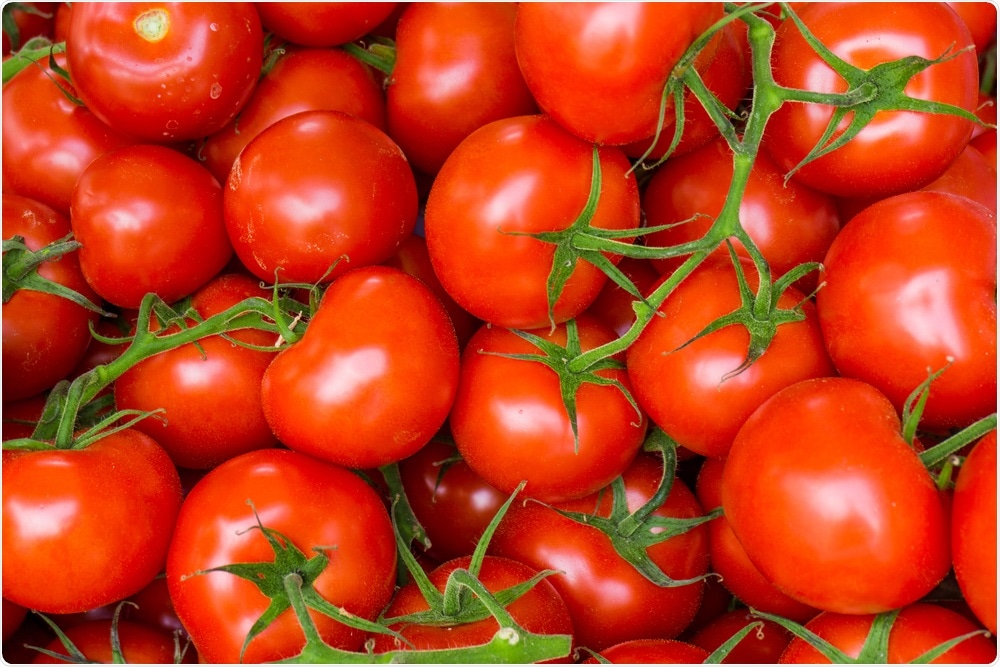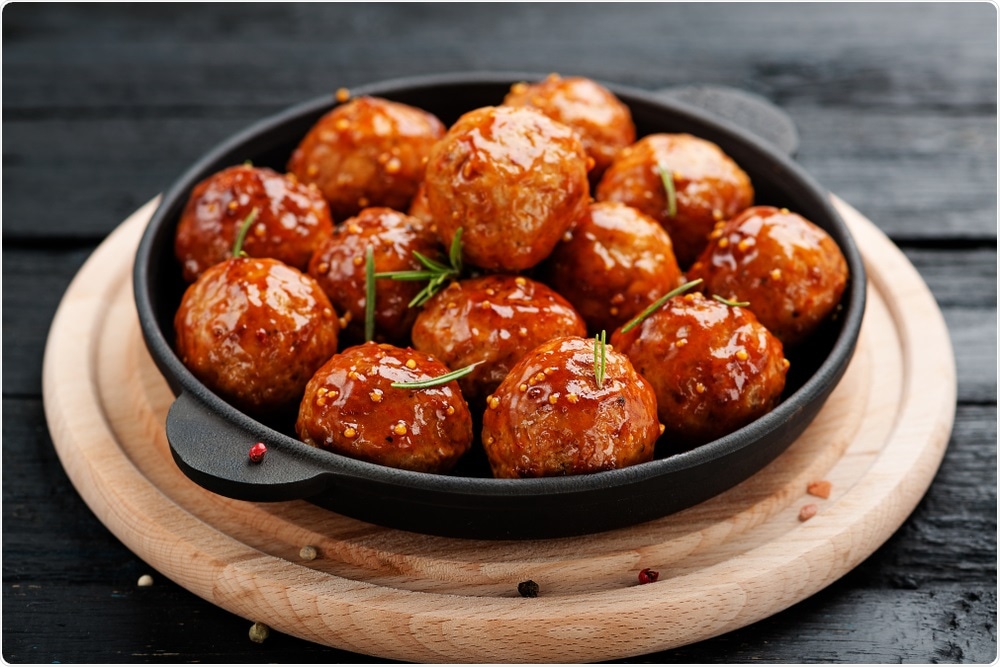Tomatoes have proven cancer-fighting properties, but new research shows that eating them with certain foods can destroy this effect. Earlier this month, results from a study conducted by a team at Ohio State University revealed that consuming tomatoes alongside foods that are high in iron can reduce their cancer-fighting effects.
 Ewa Studio | Shutterstock
Ewa Studio | Shutterstock
Tomatoes contain cancer-fighting lycopene
For many years, tomatoes have been considered to have anti-cancer properties, and more recently, scientific research has been able to uncover the mechanisms behind this fruit’s preventative influence.
Tomatoes contain a carotenoid called lycopene, which has been shown to provide numerous health benefits such as lowering cholesterol and blood pressure and even reducing the risk of cancer.
Lycopene is what gives tomatoes their red color, and it is also present in other reddish colored foods, such as watermelon and pink grapefruit, but it is processed tomatoes that have the highest amounts of the substance.
A growing number of studies have demonstrated a link between lycopene and anticancer activity. It has been viewed to reduce the risk of gastric cancer and prevent the formation of cancer in the prostate, breast, and lung.
In laboratory tests, lycopene has been successfully used to stop other cancer cells from growing, such as endometrial cells (from the uterus), as well as in preventing the growth of chemically induced carcinogenesis in animal models. Finally, preclinical data has also supported that lycopene may promote anti-tumor activity.
Lycopene is thought to prevent cancer through multiple mechanisms that it has unique structural and chemical features that give it an excellent antioxidant property. In addition to this, recent research has uncovered specific mechanisms such as regulation of growth factor signaling, as well as induction of cell cycle arrest, changes in the antioxidant and phase II detoxification of enzymes.
Lycopene also has also been shown to act as an anti-inflammatory agent which is able to suppress the progression of carcinogenesis. Finally, research has shown that the presence of lycopene has an inhibitory effect on factors such as cell invasion, angiogenesis, and metastasis, which are all key activities in the development of cancer.
The link between lycopene and iron
The Ohio team found that these beneficial effects of increasing lycopene by eating tomatoes may be counteracted by consuming iron. After drinking a tomato shake, researchers found that blood levels of lycopene were significantly lower in participants who had also taken an iron supplement.
This interplay is troublesome because iron is a key part of a healthy diet, and it is often a component of meals that incorporate tomatoes, such as spaghetti with meatballs.
We need iron in our diets to support our immune systems, boost hemoglobin and treat anemia, as well as improving sleep and reducing fatigue. The mineral exists in many healthy food choices, such as spinach and legumes, and foods like bread and pasta are often fortified with it because it is such an essential nutrient. Therefore, cutting down on our overall iron intake in order to maximise the cancer-fighting properties of lycopene is not a healthy option.
 nelea3 | Shutterstock
nelea3 | Shutterstock
The take-home message is that in order to take advantage of the cancer-fighting properties of tomatoes, it is advisable that when planning dishes that incorporate tomatoes, to limit the use of other ingredients that are high in iron.
Scientists have also found that the best way to benefit from lycopene is to eat cooked or processed tomatoes. This is because processing breaks down the plant’s cell walls and makes lycopene more available to the body.
To maximize the lycopene available in the body, a meal of cooked or processed tomatoes in the absence of ingredients with high iron content may be optimal.
Journal reference:
Kopec, R. E., et al. (2019). The Effect of an Iron Supplement on Lycopene Metabolism and Absorption During Digestion in Healthy Humans. Molecular Nutrition and Food Research. doi.org/10.1002/mnfr.201900644.